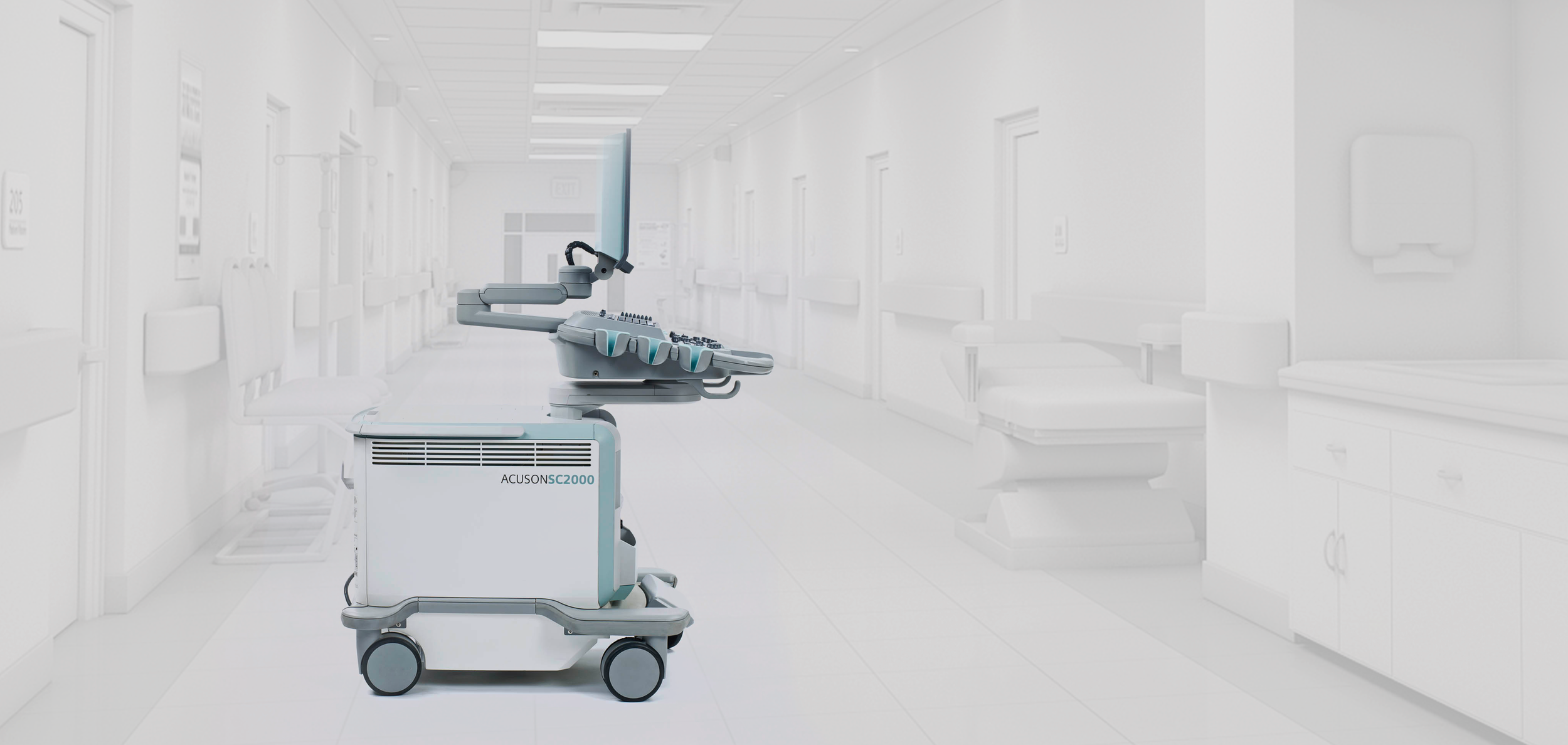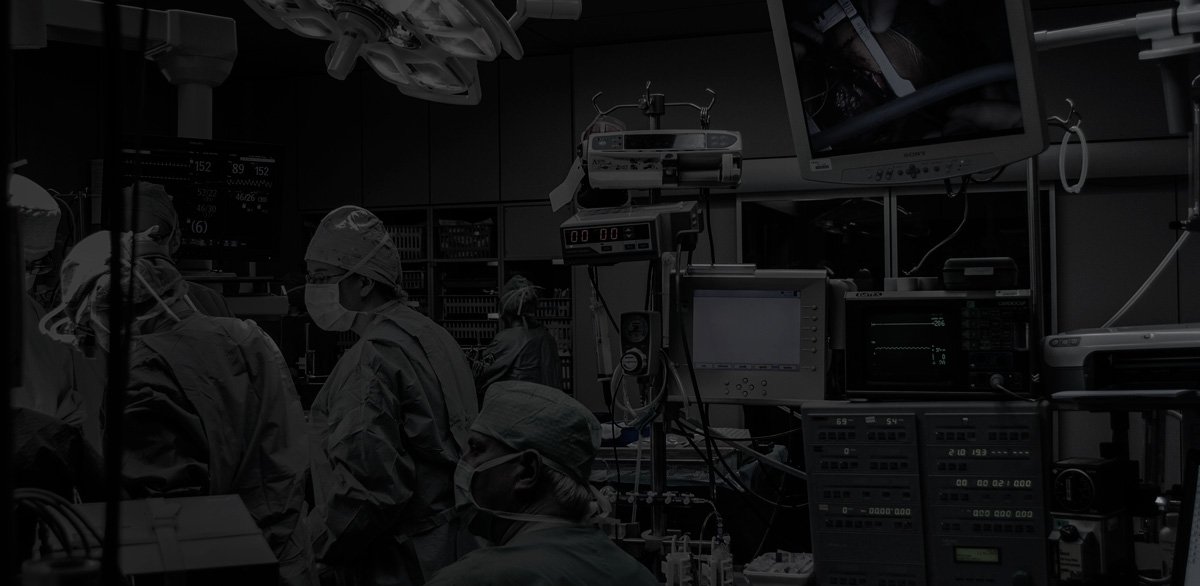
Medical Device Design
When developing a product for the medical industry there are a range of regulatory requirements that must be met. At Acorn we have experience providing 13485 engineering design and documentation focused on gaining the required approvals without forgetting about the users that the product benefits. From medical professionals to the patients they care for, many different workflows must be considered for the medical device design to be successful. Acorn Product Development gives your project a competitive advantage by capitalizing on our long history of helping clients thrive in the following medical categories.
Surgical Tools
Single Use Tools
Wearables
Scanning and Monitoring Devices
Treatment Devices
Training Devices
Medical Design Capabilities
When working with Acorn, you get access to an integrated team of experts focused on the development of your medical project. We combine user-centered design with mechanical engineering to cover critical aspects of a product.
By integrating UCD and solid engineering into your medical project we can unveil a range of opportunities that optimize the product’s performance while ending with a final design that speaks to its intended audience. Below are some of the past services we have been able to implement for our clients…
User Experience Design
Industrial Design
User Interface Design
Environment study
Workflow analysis
User interviews
Ergonomic testing
Mechanical packaging design and simulation
Functional prototyping
Requirement and specification development
Verification testing
Supplier evaluation and selection
Medical Device Development
From concept to reality, we're your go-to team for turning ideas into tangible, game-changing instruments. Our engineering and user-centered design experts are crafting instruments that elevate patient care, enhance diagnosis accuracy, and streamline medical procedures. Whether it's state-of-the-art imaging devices, robotic surgical tools, or smart monitoring equipment, we're at the forefront of shaping the future of medicine.
Contact us for a free consultation to discuss your medical device project!

Class I Medical Devices
In the realm of Class I medical devices, which include items like bandages, tongue depressors, and basic surgical instruments, the product development process often follows a streamlined path. Since these devices pose minimal risk to patients, regulatory requirements are less stringent. That said, there still needs to be a primary focus on functionality and quality. Material waste, affordability, and ease of use are all vital factors that can determine the success of a class 1 medical device. It is also essential to maintain compliance with safety and labeling regulations, ensuring that the product meets the necessary standards.
Class II Medical Devices
Class II devices, such as infusion pumps, medical imaging equipment, and some diagnostic devices, require a more rigorous product development process. These devices involve a moderate level of risk to patients, and therefore, regulatory scrutiny is higher. The design and development phase often includes more extensive testing and validation to ensure safety and efficacy. Manufacturers may also need to engage in pre-market submissions to regulatory authorities for clearance. Collaboration with healthcare professionals for usability studies and risk management becomes crucial to meet regulatory requirements.
Class III Medical Devices
Developing Class III devices requires exhaustive clinical testing and validation, often involving large-scale clinical trials to establish safety and effectiveness. At Acorn we make sure our documentation meets intense regulatory oversight and help identify manufacturers who develop test units crucial to the approval process. Collaboration with healthcare institutions and experts becomes imperative for successful development, and maintaining compliance with stringent regulations is non-negotiable. The design process for Class III devices necessitates a deep commitment to patient safety and clinical outcomes, driving innovation while navigating complex regulatory pathways.








